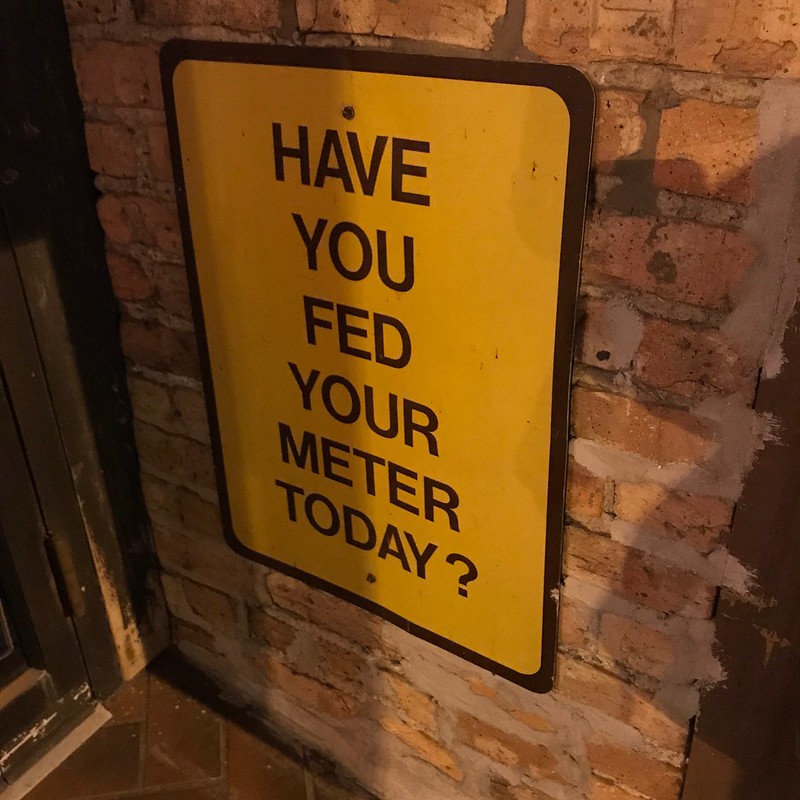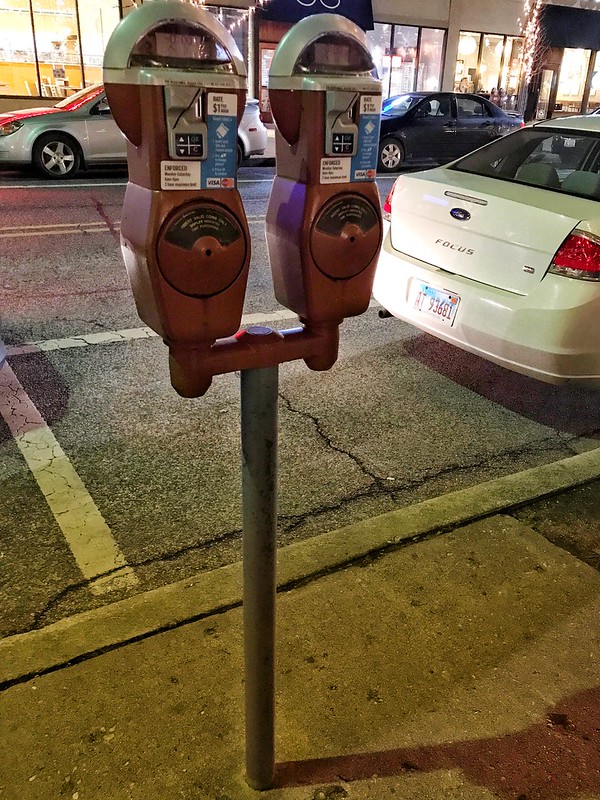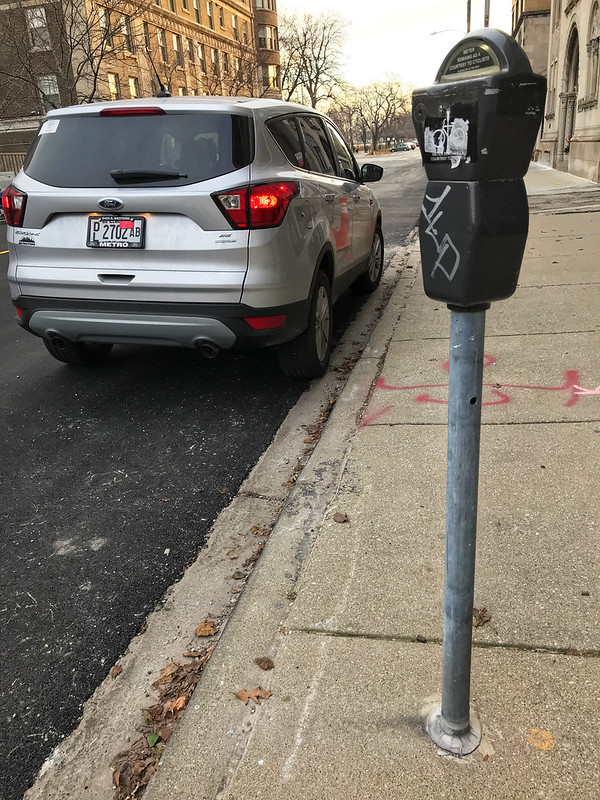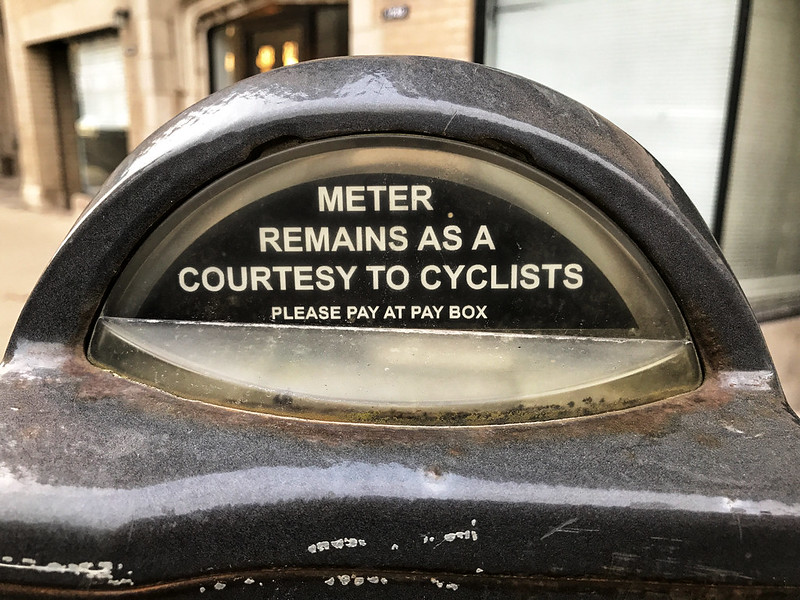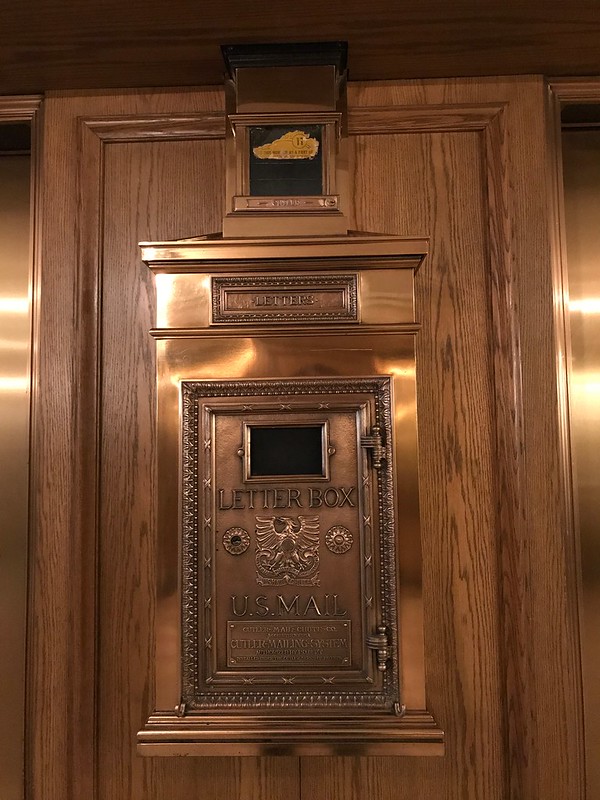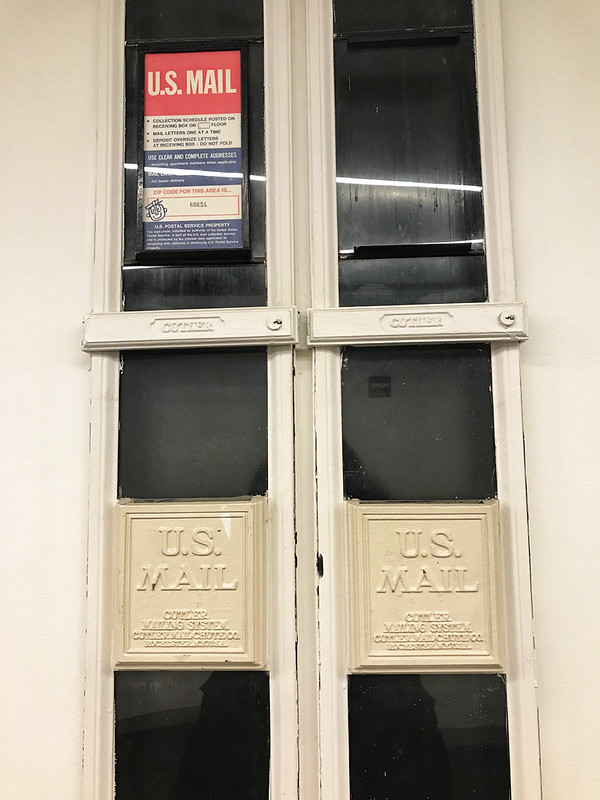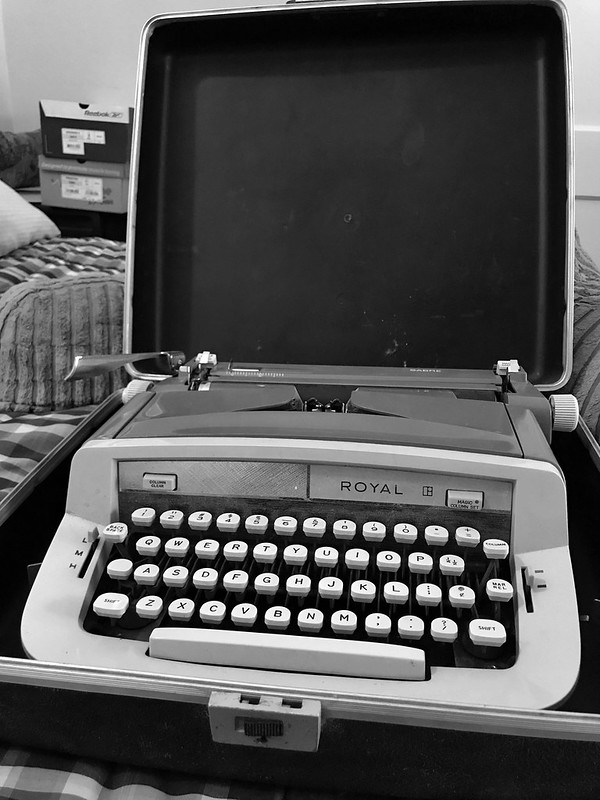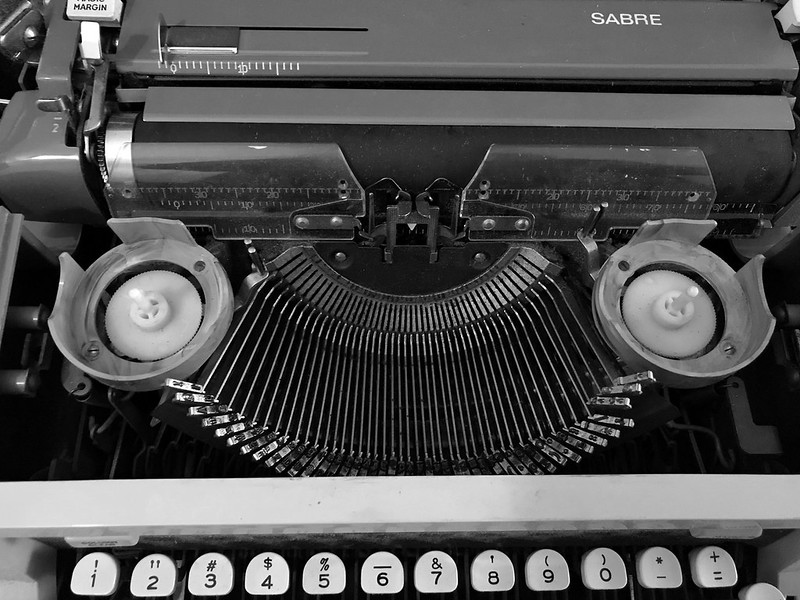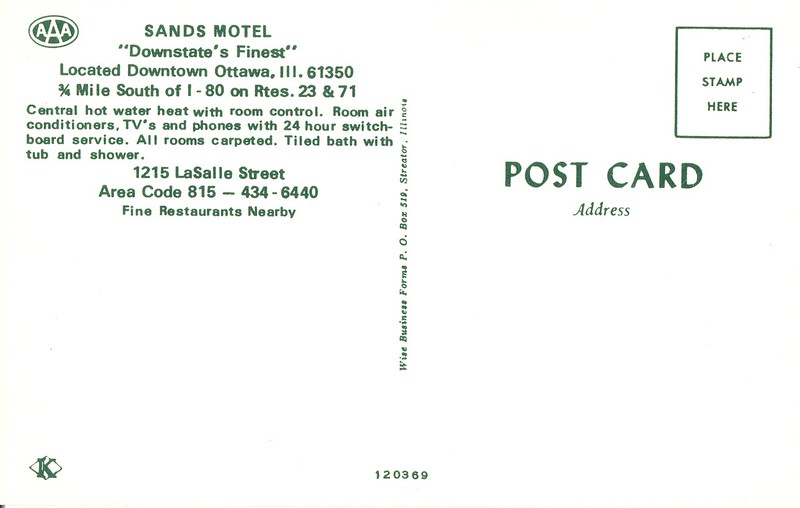I can’t say we took any great American road trips when I was a child — mostly 200-mile jaunts to visit family in the Altoona area of Pennsylvania or rare shorter ones to local attractions like Niagara Falls or Letchworth State Park. The first car I remember was a powder blue Ford Falcon. With Virgil and me in the back seat picking on each other and wondering “Are we there yet?” after 25 or 50 miles, time and money may not have been the only reason we didn’t travel far or often.
Later, my dad bought a used van with two back seats. This was such a novelty that kids stopped by to pile in. All that room! Of course it was bare bones, a working man’s van, with none of the comforts of today’s SUVs and minivans, like DVD players or even — gasp! — cup holders. We “roughed it” back in those days with tap water or water from a roadside spring in Pennsylvania kept in a jug. We’d have to pull over to drink it. And we didn’t know about “hydration,” only thirst.
We had only an over-the-air radio — no Sirius, no subscription services tailored to our tastes. You might find yourself in a part of the country with only bland pop and country & western. Our series of bare-bones vehicles didn’t have 8-track tape decks or CB radios for chatting with passing truckers. I don’t think the radio played much of a role in our trips, except to get traffic and weather.
We had games like “punch bug,” in which being the first to see a Volkswagen Beetle on the highway entitled you to punch your annoying brother, sister, or friend. We also kept an eye peeled for “beavers,” station wagons with wood-paneled sides. We’d make a pulling motion to truck drivers to try to get them to pull their air horns. We liked the ones who accommodated us. I understand the tradition continues today, although with safety first (no startling of unaware drivers) and the hope it doesn’t provoke a modern road rage incident.
Of course there were no USB ports, but there were cigarette lighters — in 1965, a whopping 45 percent of Americans smoked. I’ve never bought a car, but it sounds like what Wikipedia describes as a “de facto DC connector,” or cigarette lighter receptacle, is more likely to be used to power portable accessories (“lights, fans, beverage heating devices, and air compressors for inflating tires”). I wonder if it can be used for e-cigarettes? J’s is used for an iPhone charger. With only about 15 percent of Americans smoking today, I suspect the car cigarette lighter as such has achieved “relic” status for many of us.
Neither the Ford Falcon nor the vans that followed had air conditioning save that offered by an open window and a speed-generated breeze. I don’t know how we held conversations on the open highway. Maybe we didn’t, other than, “He’s picking on me!” and “Are we there yet?” punctuated by “Ralph, STOP!” (My mother had imaginary brakes on her side and possibly a worn-out floorboard.)
Most cars sold in the U.S. now come with air conditioning as a standard; it’s a given, not a luxury — not so north of the border. Today we “wind” the windows down mostly to take photos, ask passers-by questions, pay entrance fees or talk to booth operators, and on occasion encourage a fly or mosquito to vamoose. I say “wind” even though the push of a button opens the windows (as long as they’re powered, that is).
In the old Ford Falcon and vans, you did wind the windows up and down, just like we used window winders to open and close the trailer’s jalousie windows. I had to look that term up — jalousie windows in campers/trailers/mobile homes were common in the 1950s and ‘60s, but aren’t anymore.
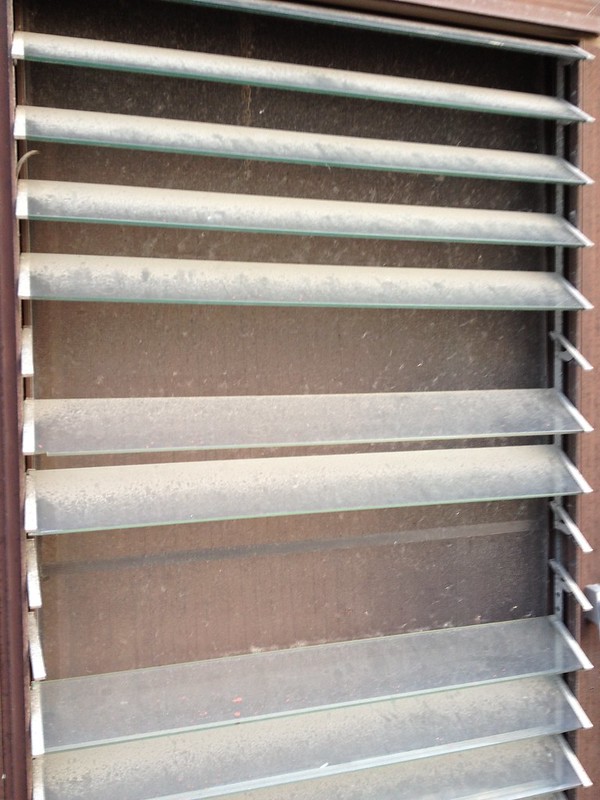
Although cars.com talks about “old-school manual crank windows that seem, especially now, from a bygone automotive era,” they’re also not quite a relic. People don’t want them for themselves, but they do want the lower car price. They’re also found in many trucks. The 2015 cars.com article concludes, “For now, at least, it’s clear there are enough price-conscious new-car shoppers to keep manual windows around.”
I’ve never been a smoker, and I don’t feel nostalgic about car cigarette lighters. As with push lawn mowers and clotheslines, however, I do miss manual windows and window winders. Power windows have their advantages when you spot something and want to take a photo or video quickly (although they make enough noise to scare off animals). On the other hand, when I wait in the car I don’t always remember to open the window when the power is on, so I resort to the alternative, awkward in a parking lot, of opening the door. It doesn’t sound like much, but sometimes I want to crank open the window.
At least it’s not because someone used the cigarette lighter.




